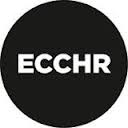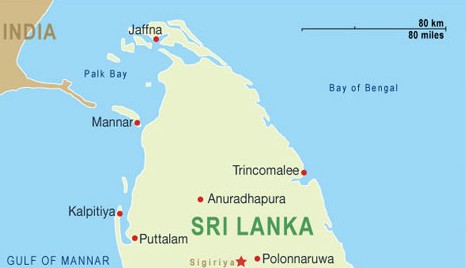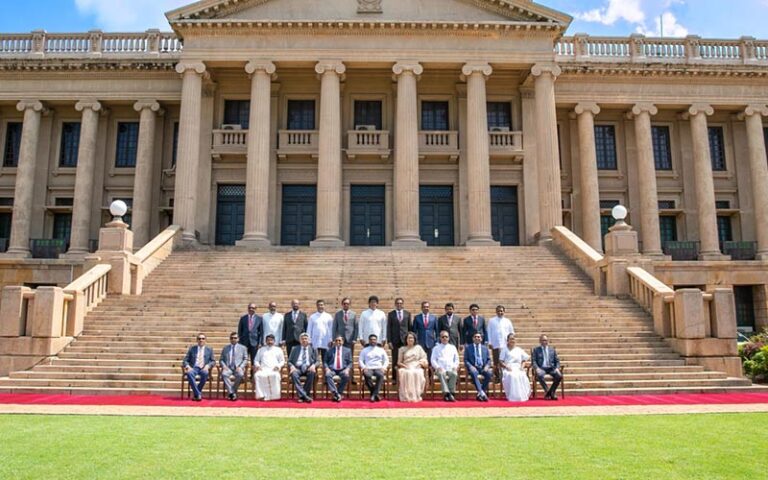 The European Center for Constitutional and Human Rights (ECCHR) said that it hoped member states of the UN would raise war crimes committed by the UK in Iraq at the forthcoming session of the Geneva-based United Nations Human Rights Council (UNHRC) in March.
The European Center for Constitutional and Human Rights (ECCHR) said that it hoped member states of the UN would raise war crimes committed by the UK in Iraq at the forthcoming session of the Geneva-based United Nations Human Rights Council (UNHRC) in March.
Andreas Schueller, legal adviser at the Germany-based ECCHR said that he would appreciate UNHRC members as well as those representing other countries referring to a comprehensive UK war crimes dossier the ECCHR together with prominent law firm Public Interest Lawyers (PIL) of the UK recently handed over to the International Criminal Court (ICC).
Schueller was responding to questions raised by The Island in the wake of the ECCHR and PIL pushing the ICC to launch war crimes probe targeting the UK. The 250-page dossier titled, ‘The Responsibility of UK Officials for War Crimes Involving Systematic Detainee Abuse in Iraq from 2003-2008’ dealt with accountability issues.
Having accused Iraq of stockpiling Weapons of Mass Destruction (WMDs), the US and UK spearheaded the invasion of Iraq in March 2003.
Asked whether they would submit a copy of the same dossier to UNHRC ahead of the next Geneva session, Schueller said that the Geneva body was a political organ and therefore they felt no need to move it. The decision to send the dossier to the ICC was taken on the basis it was a judicial body, the official said.
The UNHRC consisted of 47 countries divided into five sectors namely Africa (13 seats), Asia-Pacific (13 seats), Latin America and Caribbean (8 seats), Western Europe and other states (7 seats) and Eastern Europe (6 seats).
Responding to another query as regards the UK membership in the UNHRC in the wake of war crime allegations, Schueller emphasised that the UK should address accountability issues raised by ECCHR and PIL. The UK should especially explain its failure to conduct domestic prosecutions. Schueller stressed: “Every state is duty bound to effectively investigate and prosecute international crimes, this includes the UK as well as Sri Lanka.”
Members of the council serve for a period of three years and are not qualified for immediate re-election after serving two consecutive terms. The UK won a term beginning 2014.
When pointed out that the UK had ruled out the possibility of appearing before the ICC, Schueller said that the decision would be made by the ICC as the UK was a signatory to the Rome Statue.
The UK ratified the ICC Rome Statue on Oct 4, 2001 though the US shunned the ICC.
A spokesperson for UK Defence Ministry earlier told The Island that there was absolutely no need for ICC intervention as the allegations were either under thorough investigation or had been dealt with through various means including through the Iraq Historic Allegations Team, independent public inquiries, the UK and European Courts and in Parliament.
The official said: “Further action through the ICC is unnecessary when the issues and allegations are already known to the UK Government, action is in hand and the UK courts have already issued judgments. Should we be approached by the ICC, we will take the opportunity to explain the very extensive work underway to deal with historic allegations of abuse.”
The UK Premier David Cameron has set March 2014 deadline for Sri Lanka to address accountability issues or face the consequences at the UNHRC. The deadline was given on the sidelines of Commonwealth Heads of Government Meeting (CHOGM) last November.




